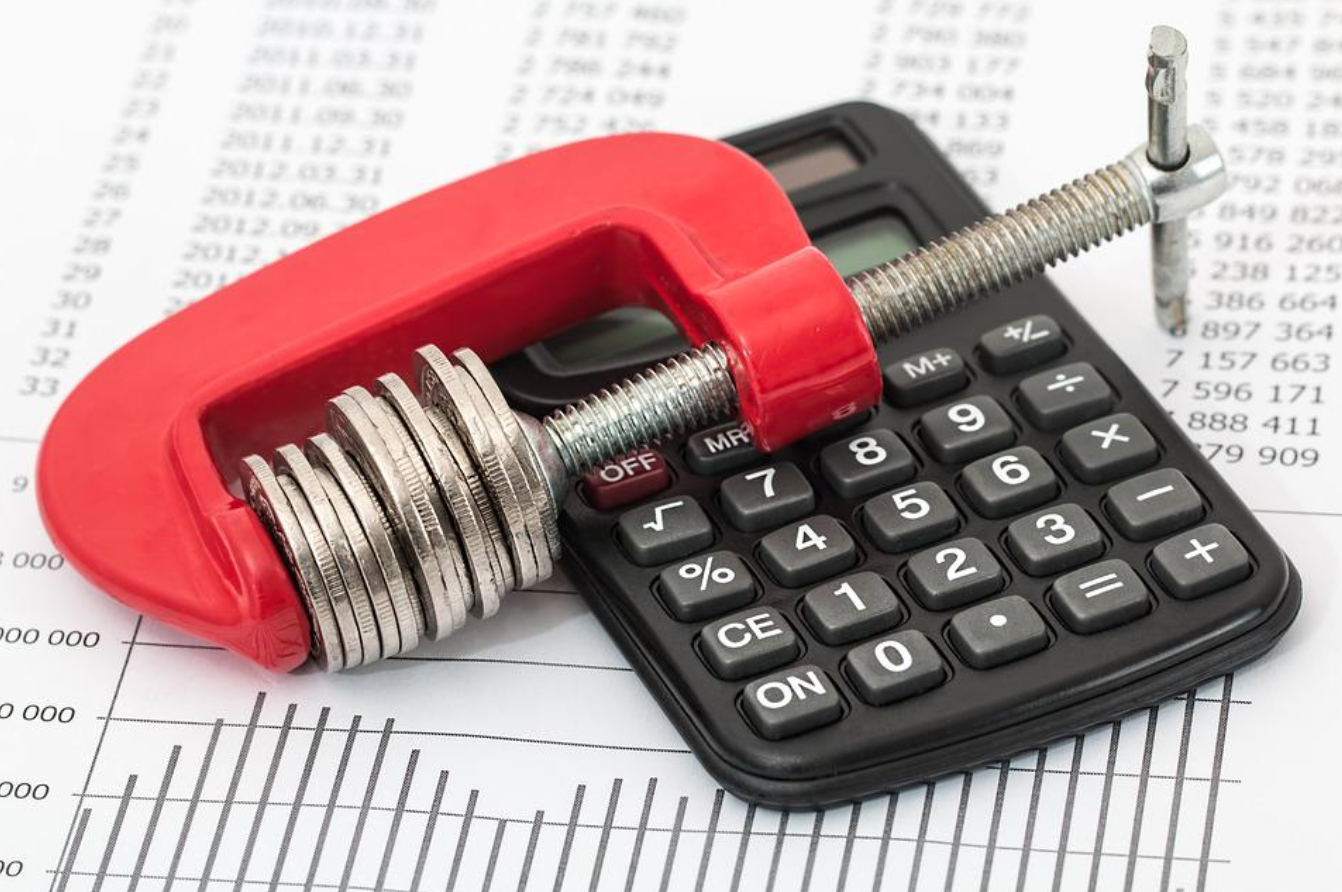The goal of Chapter 13 bankruptcy is to assist you with repaying your creditors in an organized and hassle-free manner.
Chapter 13 bankruptcy is one type of bankruptcy individuals sometimes turn to when they have fallen deep into debt and can’t seem to find a way out. Often referred to as the “wage earner’s plan,” Chapter 13 bankruptcy lets individuals who earn a regular income obtain bankruptcy protection so that they may pay their creditors back, and possibly get some of their debt discharged1.
If you’ve accrued a significant amount in medical debt, credit card bills, loans, etc., and are unable to repay your creditors on their terms, a Clearwater, FL bankruptcy lawyer can determine if you should file for Chapter 13 bankruptcy.
How does Chapter 13 bankruptcy work?
Chapter 13 bankruptcy isn’t designed to wipe away your debt. Instead, it’s used to repay creditors some or all the money they are owed. Let’s say you’ve accrued medical and credit card debt and are now being pursued or even threatened with legal action by your creditors. While your income might permit you to pay one creditor, you may not have enough to settle each account.
Rather than be taken to court or have your credit score further be impacted by past due alerts, you can file for Chapter 13 bankruptcy. And the good news is that this will require your creditors to pause their attempts at collecting the debt. Now, after you begin the process, you’ll be assigned to work with a bankruptcy trustee who will assist you with creating a repayment plan.

The repayment plan will be calculated using your debt and income. Payments will be made monthly, usually to the trustee, and should be for an amount you can afford. Chapter 13 bankruptcy repayment plans usually last between three to five years, and once all conditions have been met, you’ll exit the bankruptcy proceedings.
What happens to the debt that is not paid back in a Chapter 13 bankruptcy?
The goal of Chapter 13 bankruptcy is to assist you with repaying your creditors in an organized and hassle-free manner. But it doesn’t always result in you being able to fully satisfy your debt. If your repayment plan won’t pay off all your debt and it qualifies for discharge, the court may do just that—wipe it away.
Any debt that is discharged in bankruptcy is no longer required to be paid back. Essentially, what this means is that your creditors won’t be able to pursue you for the debt given you completed all the requirements.
Speak with a bankruptcy attorney to find out if Chapter 13 bankruptcy is right for you
Bankruptcy isn’t a solution for everyone who has fallen into debt. It has both advantages and disadvantages and should only be considered as an option once you’ve had the opportunity to sit down with a Clearwater bankruptcy attorney.
The Law Office of Carol A. Lawson has been serving the Tampa area since 1998 and may be able to help you get your unpaid debt issue resolved. To find out more about filing for Chapter 13 bankruptcy and whether it is a suitable option for you, contact The Law Office of Carol A. Lawson today.
Have questions about this article or a legal concern? Call 800-672-3103.
Source:


Join the conversation!